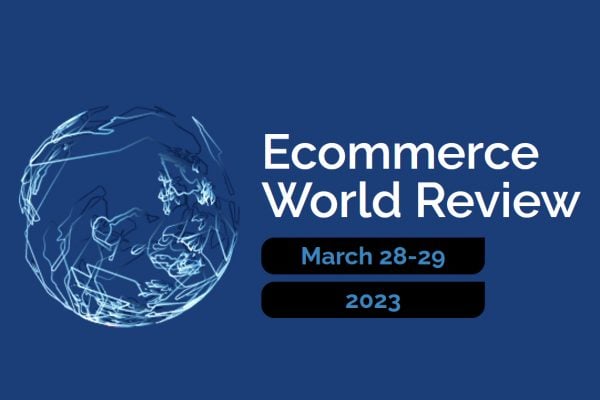The increased competition in ecommerce allowed consumers to pick from a vast array of sellers competing for their wallet. However, what exactly pushes shoppers to pick a merchant of their choice and allows those merchants to win their loyalty?
New research UPS Pulse of the Online Shopper has decided to investigate this enquiry, surveying more than 4,000 responses from Asia/Pacific; 7,000 from the Americas; and 6,000 from Europe.
Customers click for quality. Some 41% of the polled global online shoppers select sellers due to the high quality of products.
Other incentives? Promotions. Discounts. Customer reviews. Product information. Again, it’s a world of differences.
Quality matters most in Mexico and India. In Brazil, low delivery cost matters. However, the delivery cost is no concern at all in China, where it matters more if a retailer holds similar values to the shopper.
Only 13% of German shoppers care much for discounts, but discounts matter hugely to consumers in Hong Kong (45%) and even more in South Korea (48%). Consumers in South Korea also put great stock in customer reviews (49%), highlighting the fact that cultural factors are at play which navigate consumers’ product consideration.
Does location of a merchant matter?
The report suggests that the majority (73%) of online shoppers care if a seller or retailer is based internationally. This is consistent regardless of age, gender, or other demographics.
Reasons vary. Some shoppers trust domestic retailers, with whom they may have long-standing loyalties and a happy purchasing history. Others may believe in the quality, or trust the reputation, of a seller outside the country.
Specifically, 60% of Brazilians shop abroad for price. In China (50%) and Hong Kong (50%), quality is the primary motivation.
Quality also matters most in India, shoppers make 66% of international purchases for that reason,
followed by speed of delivery (39%), cost of delivery (41%) and trust in the international seller (39%).
In Mexico, 50% of shoppers say they buy outside the country for quality. Another 32% buy because they trust the international seller. And in South Korea, 61% of online shoppers buy internationally because an item is only available outside the country.
In the US, age makes a difference in international buying. Older online shoppers in the US trust
domestic sellers more. Conversely, younger shoppers think more globally.
Some 48% of Greatest Generation shoppers (born before 1945) trust local sellers most, with 35% of Baby Boomers (1946-1964) trust local sellers most. Between 25%-28% of younger buyers trust local sellers more than global ones.
What constitutes transparency? Everything. Consumers want to know if their orders come from their own country or another. An overwhelming majority of consumers – 95% – expect to see all pricing before checkout. They want choices that give them more control of package delivery times.
Businesses want information upfront too. They want to see the price, source, tracking capability and guaranteed arrival time.
The digital age has empowered knowledge-gathering, and shoppers no longer want to settle for less-than-complete information about their orders. In the age of customer expectations, shoppers expect to completely understand their orders – products, pricing and shipping costs – before they click to buy.
Knowing where a seller is located is important to customers. Whether for preferring or avoiding that retailer. Clearly providing this information as early in the customer journey as possible demonstrates a commitment to customer empowerment.









